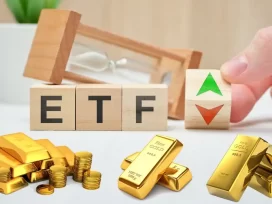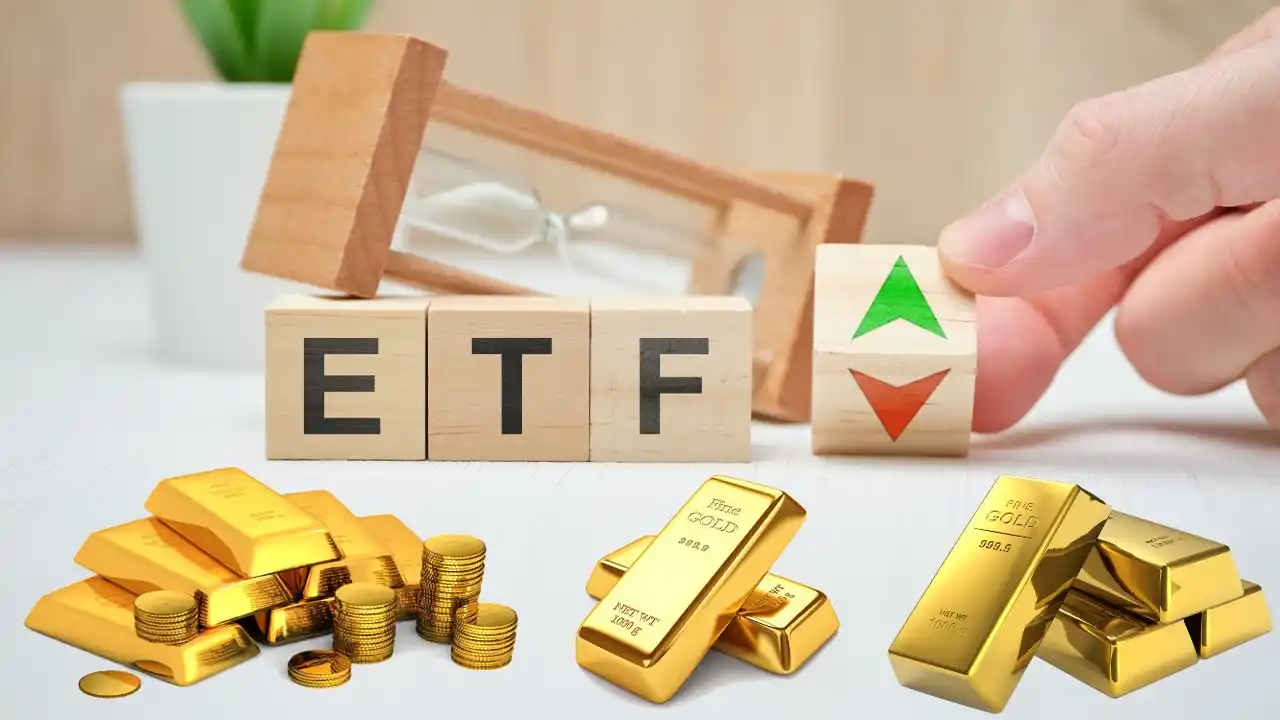Personal Finance Tips for Newlyweds
Uncommon among newlyweds is failing to create a budget. Although this can be intimidating, creating one will help both of you understand your expenses and how much savings should be set aside each month. Discuss your differing viewpoints on money management, whether or not to merge bank accounts, and set short and long-term financial goals […]
Continue Reading














